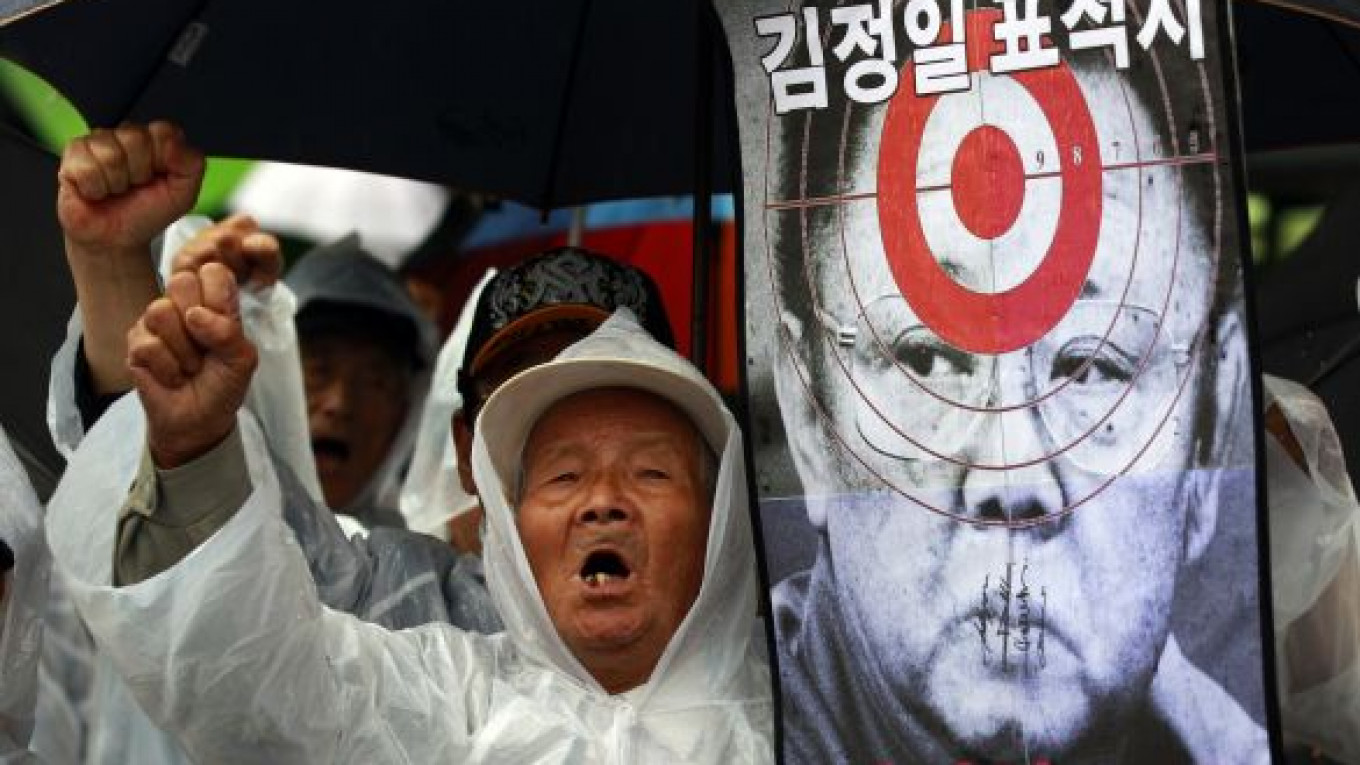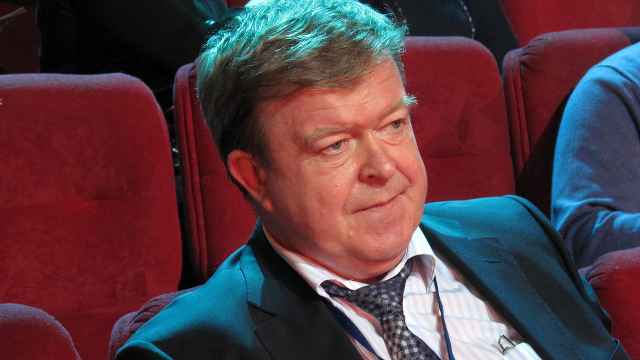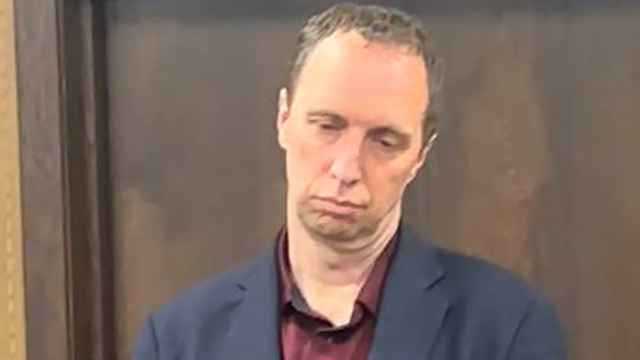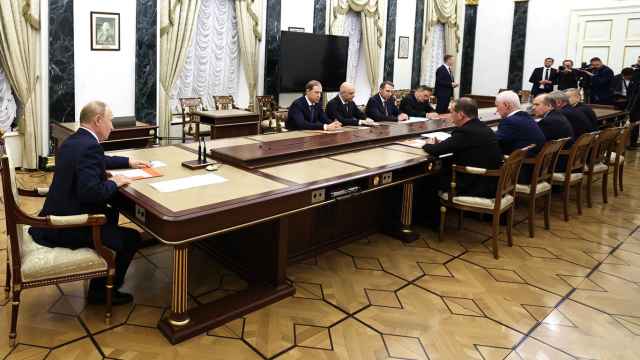Authorities in Vladivostok, 130 kilometers from the North Korean border, had been making preparations for a possible visit by the secretive North Korean leader, a local official said earlier this week.
But the Kremlin said Medvedev had no meetings scheduled with Kim during his visit to Vladivostok, and a police source said officers had been told the visit had been scrapped.
"No such meeting is included in the program for Dmitry Medvedev's trip to Vladivostok," Kremlin spokeswoman Natalya Timakova said by telephone.
Russia is a member of the long-stalled six-party talks on North Korea's nuclear program. Diplomats say Moscow has less influence on North Korea than does China.
Medvedev will inspect preparations for the Asia-Pacific Economic Cooperation meeting, which will be held in Vladivostok in 2012.
Kim has made no public visit to Russia since 2002, when he met with then-President Vladimir Putin in Vladivostok. The North Korean leader has made several trips to China, Pyongyang's closest big power ally, in recent years.
"We never said that he was going to come," Medvedev's spokeswoman said.
A police source in Vladivostok said officers had been told that the expected visit by Kim, who local officials believed would travel by train, had been canceled.
"We were told that Kim is not going to come. Moscow stood us down. Kim Jong Il is canceled," the police source said.
Another police source confirmed that officers had been told the Kim visit would not take place.
South Korea's Yonhap news agency cited an unidentified intelligence source as saying the summit may have been ditched because Moscow and Pyongyang failed to narrow differences over the agenda for the meeting.
"A summit between Chairman Kim Jong Il and President Dmitry Medvedev was known to be scheduled to take place in Russia's Far Eastern region of Vladivostok on June 30 or July 1," a senior South Korean government source told Yonhap. "We have no idea yet why the talks were canceled."
Russia and North Korea share a short border on the Pacific coast and were once politically close. But relations cooled and trade diminished dramatically after the Soviet collapse.
Earlier this month, Medvedev and Chinese President Hu Jintao issued a joint declaration calling for a diplomatic solution to the North's nuclear program.
Russia and China said they were ready to cooperate with other partners to seek a resumption of the moribund six-party talks on North Korea's nuclear program.
The United States, South Korea and Japan — the other participants in six-party talks — have urged the two Koreas to first resolve their differences bilaterally before a resumption of the regional aid-for-denuclearization talks.
Tension increased on the peninsula last year after two attacks killed 50 South Koreans, and the North revealed a uranium enrichment program giving it a second route to developing a nuclear bomb.
A Message from The Moscow Times:
Dear readers,
We are facing unprecedented challenges. Russia's Prosecutor General's Office has designated The Moscow Times as an "undesirable" organization, criminalizing our work and putting our staff at risk of prosecution. This follows our earlier unjust labeling as a "foreign agent."
These actions are direct attempts to silence independent journalism in Russia. The authorities claim our work "discredits the decisions of the Russian leadership." We see things differently: we strive to provide accurate, unbiased reporting on Russia.
We, the journalists of The Moscow Times, refuse to be silenced. But to continue our work, we need your help.
Your support, no matter how small, makes a world of difference. If you can, please support us monthly starting from just $2. It's quick to set up, and every contribution makes a significant impact.
By supporting The Moscow Times, you're defending open, independent journalism in the face of repression. Thank you for standing with us.
Remind me later.






